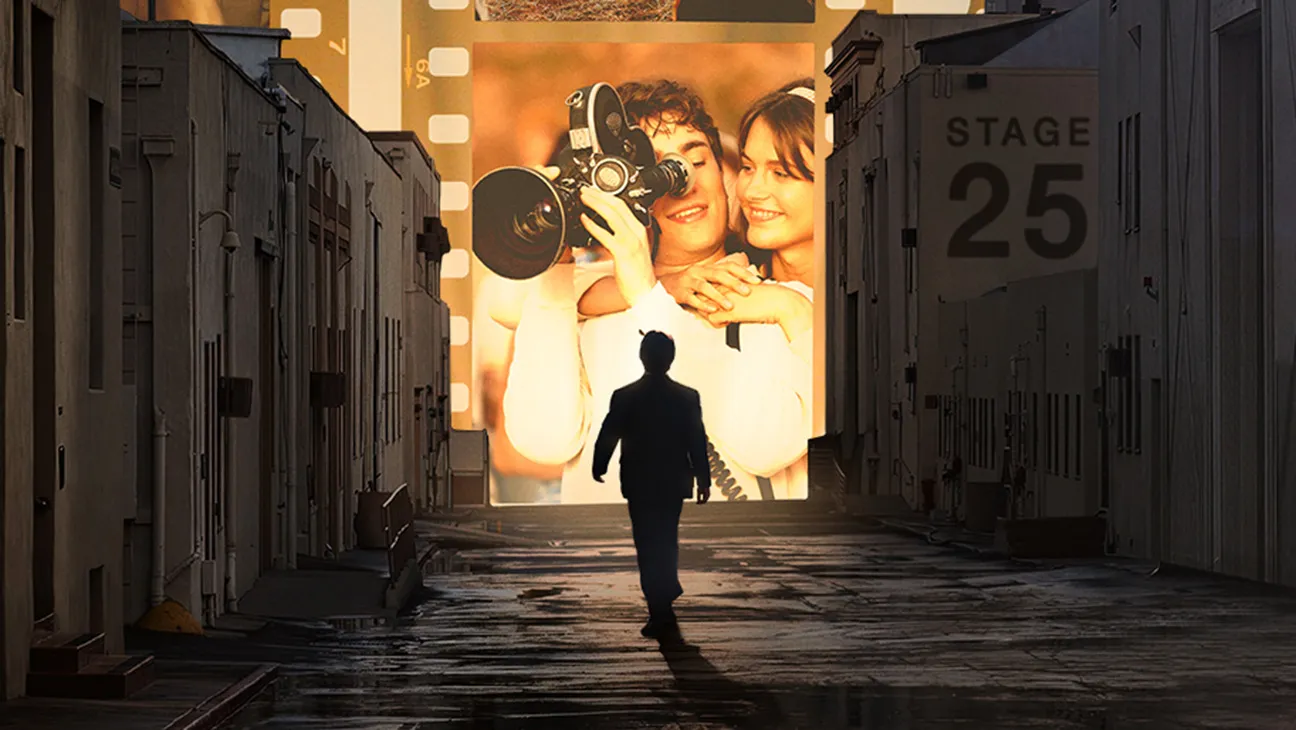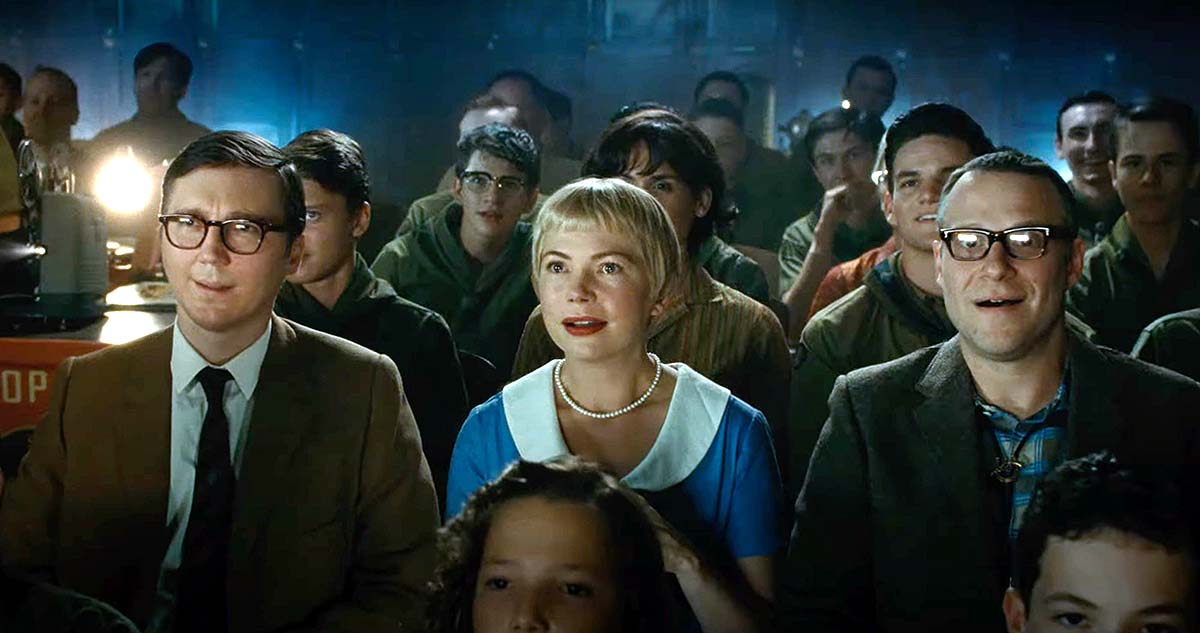The Fabelmans Deserved Better Box Office Success. Here’s Why.
by Garry Murdock

IMAX
The Fabelmans is not the movie I thought it would be. From the trailer I expected a sweet and inspiring Disney-esque story about young Sammy Fabelman fulfilling his dream of becoming a filmmaker. But there’s so much more to this coming-of-age film from Steven Spielberg: Sammy experiences racism, young love, heartbreak and family conflict, all while struggling to make everyone around him understand that his passion for storytelling “is not a hobby.”
The Fabelmans was a box office failure. The film realized a worldwide gross of $31.4 million against a budget of $40 million. Yet the film had all the essential elements of a hit movie: captivating performances, a compelling story, well-written dialogue, and an Oscar-worthy production design and musical score—both of which have been nominated, the original music having been composed by John Williams in his 29th film collaboration with Spielberg. Critics loved it, yet movie goers stayed away.
The Fabelmans deserved better.
IMAX
Gabriel LaBelle shines in the title role, he plays Sammy as one who is so entrenched in his imaginary worlds that he’s hopelessly lost in everyday situations. Sometimes he can only understand the world when shooting or editing his films. This can lead to tragic results, as we see when Sammy edits together a reel from a recent family vacation only to come to a shattering realization. In the space of one tense minute we not only share Sammy’s horror but witness his transformation to adulthood.
Michelle Williams gives a layered performance as Mitzi Fabelman, Sammy’s anxiety-ridden mother. We can see Mitzi is struggling, continuously juggling reality with regrets about what could have been—resulting in an Oscar nomination for Williams. Paul Dano is outstanding as Sammy’s father in a role that could have been two-dimensional and thankless. Yet his performance is as equally intriguing as Williams’—playing the one stable parent who has to juggle enormous responsibilities and pressure while keeping up the façade that everything is fine.
And that’s the thing about The Fabelmans, we really get to know most of the characters very well—even the school bully’s motivations are explored and by the end of the film we hate him a little less. In what amounts to little more than a cameo, Judd Hirsch plays Great Uncle Boris, the kind of relative with gifted insight we all wish we had. He encourages Sammy not to give up his dreams, telling him: “We’re junkies, art is our drug.”
Hirsh appears early on in the movie, in a few back-to-back scenes that probably don’t exceed ten minutes and yet has earned him an Oscar nomination too. When he departs the Fabelman household (and the film), I found myself wishing he would stick around longer. That’s how good he is. Seth Rogen plays a close family friend who causes some unexpected conflict, and David Lynch is unrecognizable as legendary film director John Ford.
The story is based on events that shaped Spielberg’s own life. Since it was his first writing credit in over twenty years—he co-wrote the screenplay with Tony Kushner—one can imagine how much care went into the dialogue, as well as the direction of the actors, the movement of the camera and the editing of each scene. Yet here is a master who is still clearly at the top of his game because the film does not feel like its runtime of 2.5 hours at all, more like 90 minutes. And it left me wanting more.

IMAX
There’s been some talk that The Fabelmans is a “prestige film,” one which the studio may have suspected would not make money but developed for other reasons—such as bolstering its artistic integrity. Prestige or not, likely Spielberg’s participation probably went a long way towards getting it made. And yet, sadly, it has been the worst financial performer of any of his films. That matters, because it will make it harder for studios to green light films like these in the future. Which are already so few in number.
It has been suggested that Spielberg is perhaps no longer relevant, and that The Fabelmans was “self-indulgent”. To those who say this, I ask you to reconsider. Not because Spielberg is a gifted director who has brought us many exceptional films—so many that it’s difficult to name just one favourite—but because this movie is a masterclass in storytelling. I would like to see more films like The Fabelmans produced, stories about human life and relationships, where emotions are raw and actions have lasting consequences—and where you find yourself still thinking about the film long after you’ve left the theatre.
Become an industry insider with Insider Advantage, Toronto Film School’s must-read newsletter for creatives looking to start or advance their career in filmmaking, acting, screenwriting, video games or graphic design. Here you will have access to exclusive content and industry insights, partake in exclusive networking opportunities, and more.
IMAXX
About the Writer



